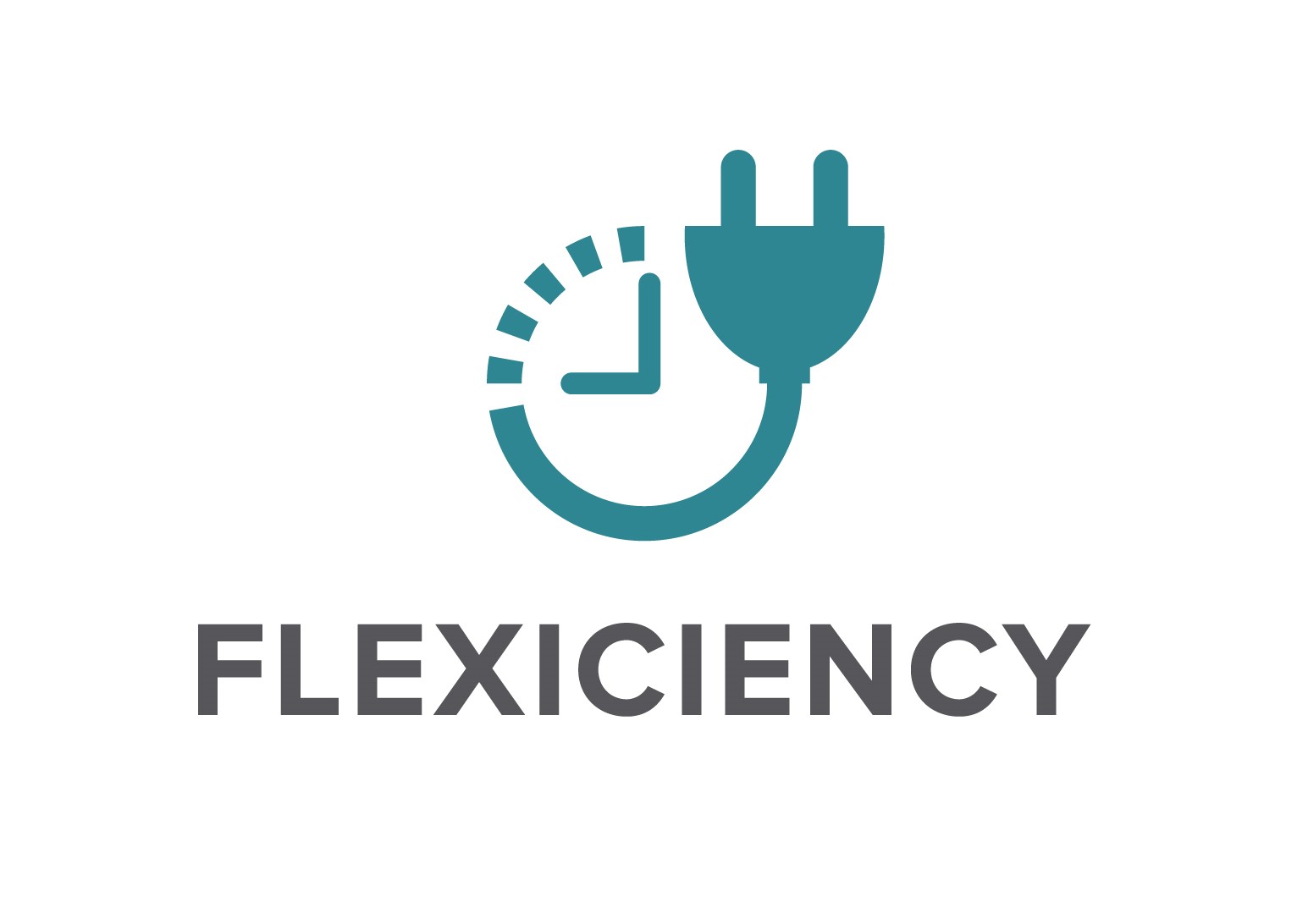
 0
0


European Commission – Innovation and Networks Executive Agency (INEA)
€ 19 010 417,26
February 2015 – January 2019
Rafaila Grigoriou
Four major Distribution System Operators (in Italy, France, Spain and Sweden) with smart metering infrastructure in place, associated with electricity retailers, aggregators, software providers, research organizations and one large consumer, propose five large-scale demonstrations to show that the deployment of novel services in the electricity retail markets (ranging from advanced monitoring to local energy control, and flexibility services) can be accelerated thanks to an open European Market Place for standardized interactions among all the electricity stakeholders, opening up the energy market also to new players at EU level. The proposed virtual environment will empower real customers with higher quality and quantity of information on their energy consumptions (and generation in case of prosumers), addressing more efficient energy behaviours and usage as through advanced energy monitoring and control services. Accessibility of metering data, close to real time, made available by DSOs in a standardized and non-discriminatory way to all the players of electricity retail markets (e.g. electricity retailers, aggregators, ESCOs and end consumers), will facilitate the emergence of new markets for energy services, enhancing competitiveness and encouraging the entry of new players, benefitting the customers. Economic models of these new services will be proposed and assessed. Based on the five demonstrations, while connecting with parallel projects funded at EU or national levels on novel services provision, the dissemination activities will support the preparation of the Market Place exploitation strategies, as well as the promotion of the use cases tested during the demonstration activities.
VaasaETT were responsible for the definition of Key Performance Indicators for B2C pilots considering the data availability and coordination of their calculation towards consistency and comparability, as well as of the data analysis of participant demographic data to develop a customer segmentation methodology and optimise the feedback acceptance rate.
In addition we were the secondlargest contributors to dissemination and communication including digital, print communications and event management
Access the customer segmantation methodology developed by FLEXICIENCY and the cross-case analysis of the results from the demonstrations.

This project has received funding from the European Union's Horizon 2020 research and innovation programme under grant agreement No 646482.

